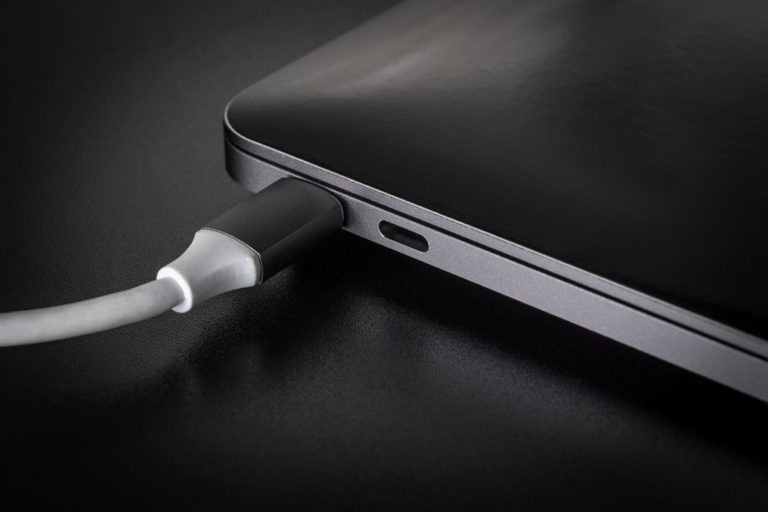The US tech giant is once again under fire from the European Commission for bucking the bloc’s goals of universality and interoperability.
The EU Commission has warned Apple against making some functions only available for original Apple cables when the mobile phone maker introduces its new charging technology this year.
Specifically, with the launch of the iPhone 15, Apple plans to move away from the current “Lightning” standard charging cables towards the industry-wide USB-C standard that Apple adopted some time ago for its consumer computing devices such as iPads, iMacs and laptops.
As usual, it’s all about money
It may seem strange for Apple to want to keep control of the charging cables people use with its devices, but there is method in the tech giant’s madness. Currently, Apple devices use an integrated circuit (IC) to identify whether a Lightning-enabled cable or accessory is an “authentic” Apple-made or Apple-approved Made-For-iPhone (MFi) product. That means that even if a user buys a third party Lightning cable from a non-Apple manufacturer, that company has to pay Apple a licensing fee to be able to use the Lightning port.
According to leaks and rumours, Apple has come up with a way to integrate USB-C, a supposedly universal standard, into the Made-For-iPhone ecosystem (and thereby keep its cable revenues). The fear is that Apple could then limit what features are available to third-party cables and products.
The EC takes Apple to task – again
An EU directive for uniform device chargers is scheduled to take effect on December of 2024. Under this law, restrictions in the interaction with chargers are not permitted, wrote EU Industry Commissioner Thierry Breton in a letter to Apple.
The letter, which was made available to the Deutsche Presse Agentur (dpa) news agency, highlighted the fact that under new EU law, devices such as cell phones, tablets, e-readers, digital cameras, headphones, portable speakers and keyboards must be able to be charged via USB-C.
“Devices that do not meet the requirements for the common charger will not be allowed on the EU market,” wrote Breton, who is also responsible for the implementation of the EU’s Digital Services Act (DSA).
